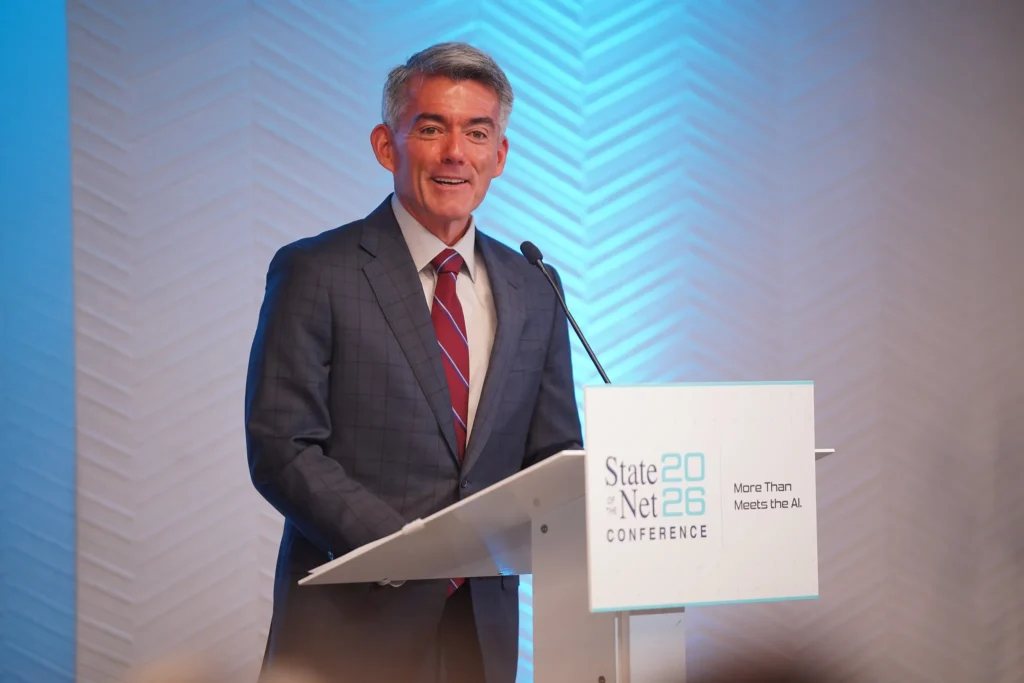This morning, the White House published a blog on an ongoing FCC proceeding discussing the future of TV technology and weighing in on what kind of set top box you should have in your home. We are disappointed that White House political advisers are choosing to inject politics and inflammatory rhetoric into a regulatory proceeding by what is supposed to be an independent agency. Consumers and regulated companies have the right to expect decisions affecting their businesses are made based on sound analysis of the record and not the political interests of the executive branch. To see the White House take political credit for the actions of the “independent” agency and direct it to reach a specific conclusion even before the record has been assembled, shatters that faith and undermines the Commission’s credibility.
A wide and significant number of industries, members of Congress, civil rights groups, content creators and artists have raised serious and genuine concerns about the FCC’s proposed set-top box mandate; including copyright harms, damage to minority programmers, consumer loss of privacy protections and unnecessary costs to re-engineer networks. Rather than fairly address these legitimate concerns and seek a proposal that balances these issues, we are left with a proceeding whose objective is now more political than substantive and flies in the face of tremendous marketplace progress.
By reading the White House blog, you have to wonder how they could ignore that the world’s largest tech companies — which are often touted in other Administration initiatives — including Apple, Amazon, Google, Netflix and many others are providing exactly the choice in video services and devices that they claim to want. In fact, you would be hard pressed to name another private market in the US that is seeing more disruption and change all to the benefit of consumers.
Perhaps the strategists at the White House believe their intervention is good politics. But it is bad government, undermining the independence of the FCC and shattering any faith in impartiality and fundamental fairness. One would hope the FCC Commissioners would resist being annexed by the executive branch. But that hope is sadly faint.
Despite our doubts, we will continue to press our concerns vigorously about an ill-considered regulatory proposal that is unlawful, unnecessary, unworkable and unfair.









